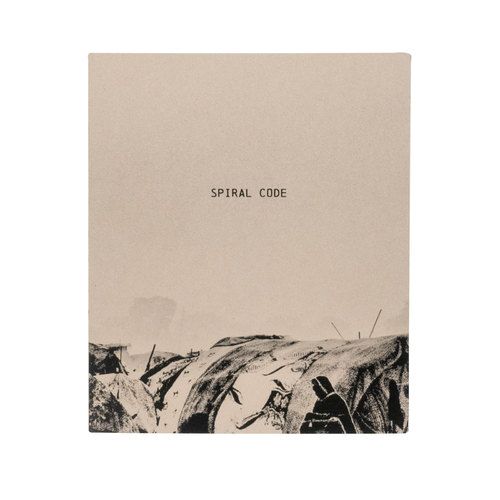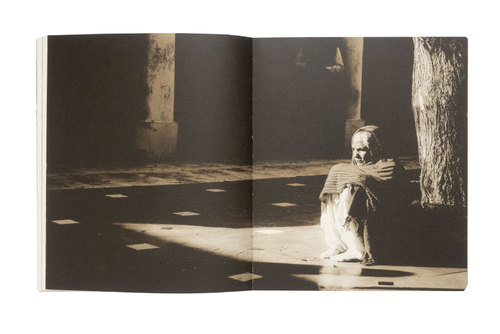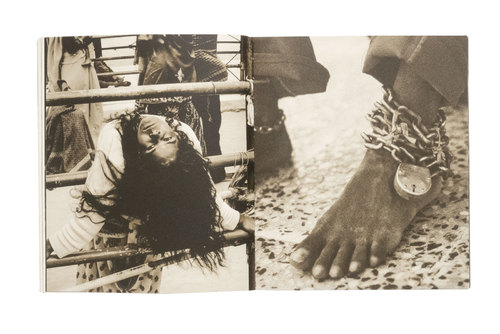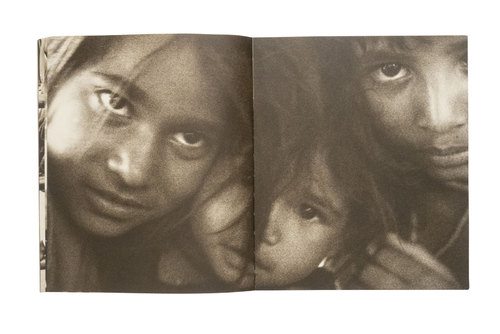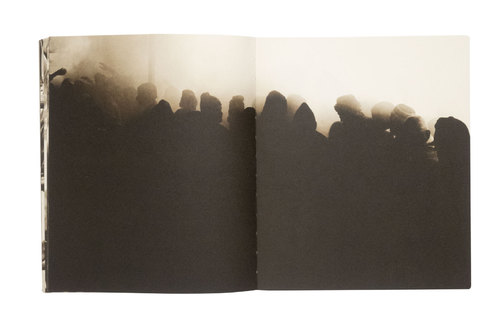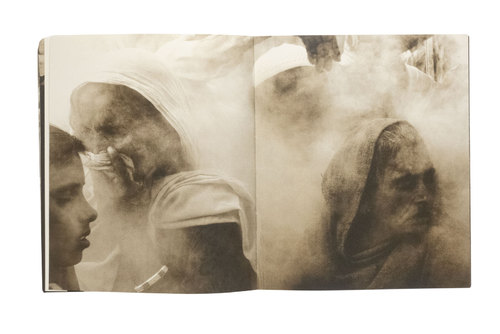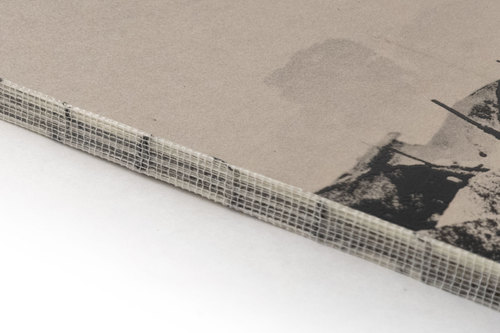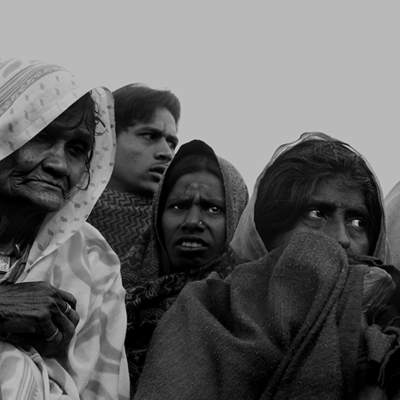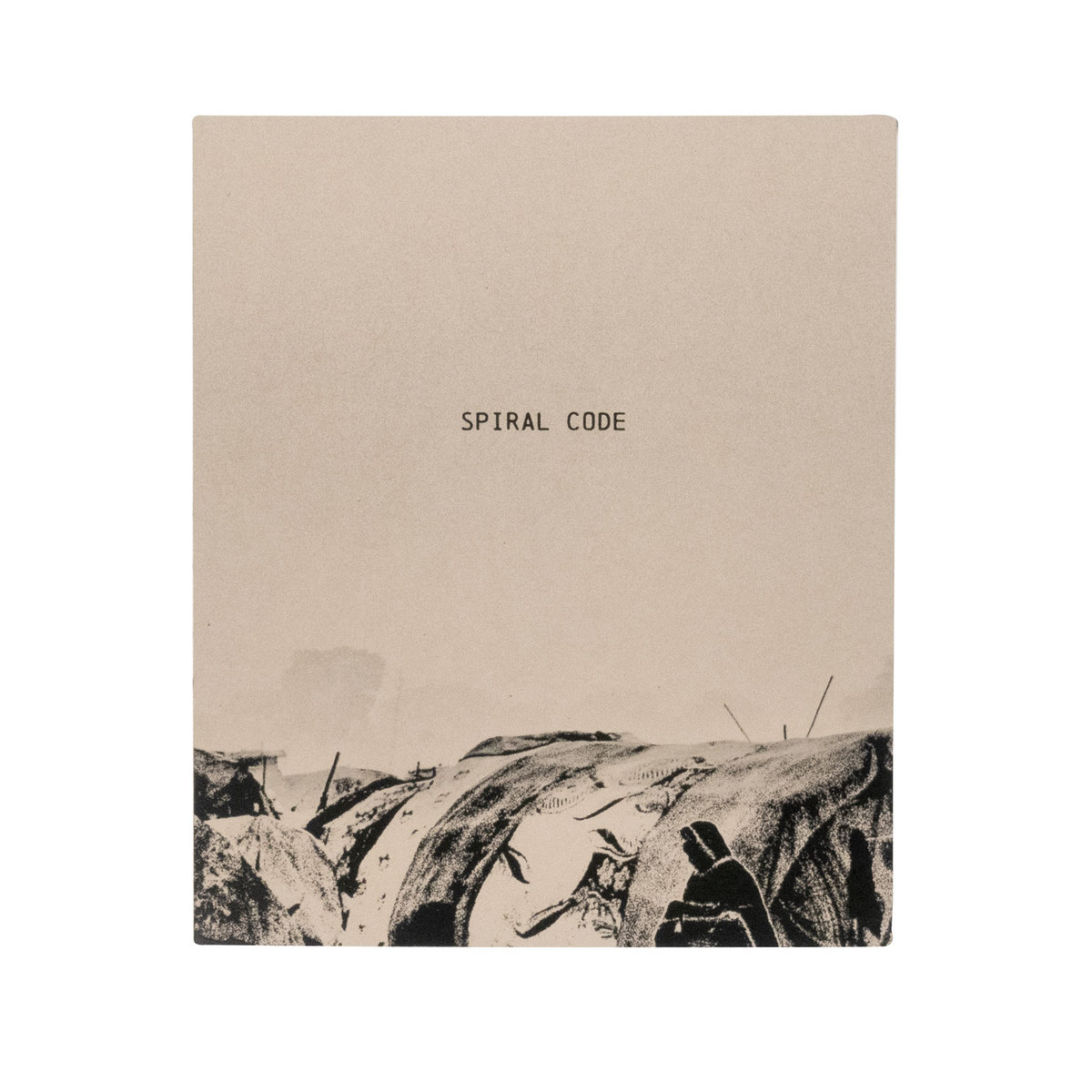
New
Spiral Code
Wataru Igarashi's “Spiral Code” was selected by the Tokyo Photobook Review in 2020 and published in 2023 after the pandemic. For nine years, Igarashi took photographs of people who gathered at sacred temples on the Deccan Plateau in India, which are thought to have magnetic fields that can heal people.
“Early 2011. I was staying under the canopy of shrine in the town of Pohkran in the state of Rajasthan. One day, my former landlord’s wife had suddenly started screaming in the middle of the street as if she had lost her mind. She had then taken me to this sanctuary which was rumored to cure disabilities and mental disorders thanks to a strong magnetic field.
After a journey of over 500km by train, bus and taxi, I found myself in this magnetic field where a hundred believers were living in tents. The trance-like prayers of a crowd of disabled and mentally ill people instilled fear in me. While I spent my time helping people to eat while feeling distressed and unable to get my camera out, I realized that a week had passed. As I gradually became familiar with them by sharing their daily lives, I was finally able to take out my camera. Over the next nine years, I spent over four hundred days in five different sanctuaries, until the coronavirus pandemic took over the world.
These places, which cannot be described by language, kept stimulating my dormant subconscious. Living with people who believed deeply in invisible existences made me feel a strange nostalgia.”
― Wataru Igarashi
“The images in “Spiral Code” speak to that cyclical conception of time, to that of an epoch rather than the blip constituted by a single lifetime. While these photographs are taken in a handful of locations in Central India over the course of a decade, they contain little sense of chronology or of geographic location. The people depicted in these images have come in search of a form of telluric care through the magnetic qualities the earth is said to possess in these remote locations. Often treated as outcasts due to mental or physical disabilities, they have turned towards the earth to find healing. This conception of nature and our place in it, much like that of time, is unlike our Western binary framing. Here, everything that is born dies and everything that dies is recreated in another form.”
― Marc Feustel
$56.87
- -Book Size
- 250 × 210 mm
- -Pages
- 92 pages, 64 images
- -Binding
- Softcover
- -Publication Year
- 2023
- -Language
- English, Japanese
- -Limited Edition
- 350
